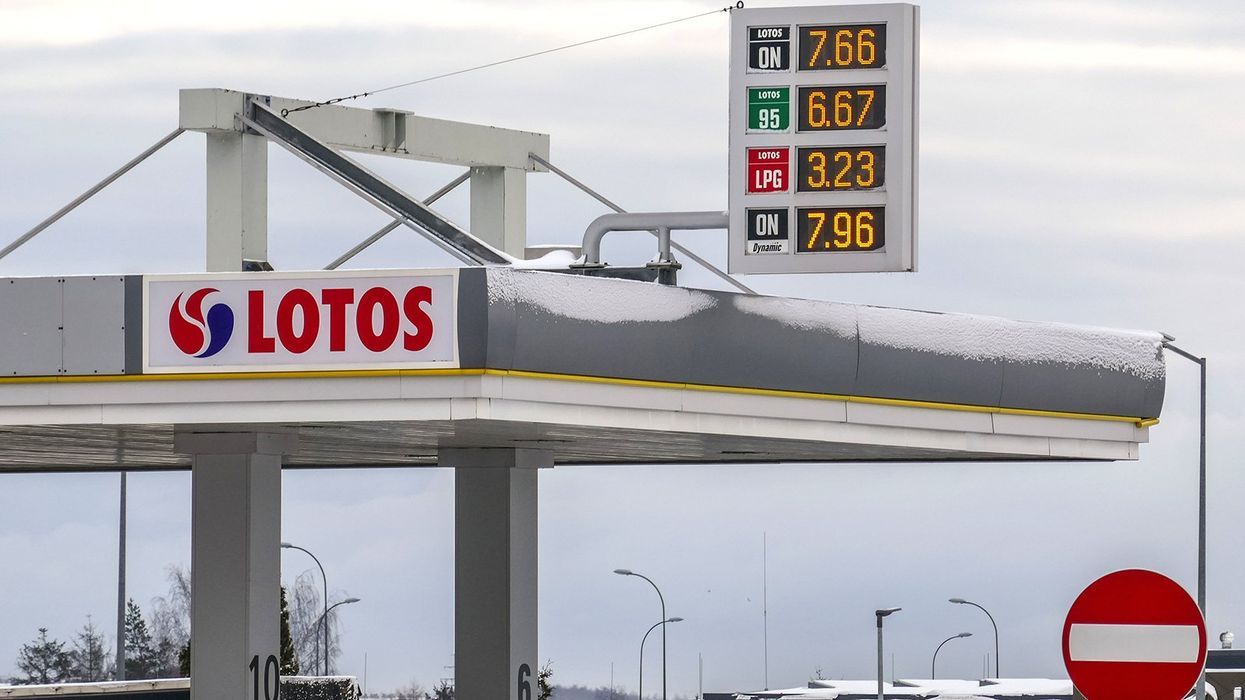(CNN) — The energy crisis triggered by Russia's war in Ukraine could push 141 million people worldwide into extreme poverty, according to a new report published Thursday in the journal Nature Energy.
Researchers from the Netherlands, the United Kingdom, China and the United States modeled the impacts of increased energy prices in 116 countries and found household spending increased up to 4.8 percent on average, as coal and natural gas prices surged after Russia's invasion of Ukraine, adding to post-pandemic increases.
In low-income countries, the report said poorer households already facing severe food shortages were at greater risk of poverty due to higher energy costs. Households in higher income countries also felt the impact of rising energy prices but were more likely to be able to absorb them into household budgets, the report said.
And some countries are more exposed than others — for example, increases in energy costs in Estonia, Poland, and the Czech Republic are above the global average, mainly because those countries rely more on energy-intensive industries. Poland in particular relied on coal for 68.5 percent of its energy generation, as of 2020.
Energy price hikes caused by the crisis in Ukraine have also resulted in the increased cost of necessities like food. Compared to a year ago, in the US the prices of eggs went up 70.1 percent, margarine 44.7 percent, butter 26.3 percent, flour 20.4 percent, bread 14.9 percent, sugar 13.5 percent, milk 11 percent, chicken 10.5 percent and, together, fruit and vegetable prices increased 7.2 percent, according to inflation data released by the Bureau of Labor Statistics this month.
And consumer goods companies say prices are unlikely to fall any time soon.
On Thursday, the CEO of Nestlé, the world's largest food group, echoed other consumer giants like Unilever and Proctor & Gamble to warn that the price of staple items will rise further this year.
"Like all the consumers around the world, we've been hit by inflation and now we're trying to repair the damage that has been done," Nestlé CEO Mark Schneider said on a call with reporters Thursday, though he declined to say which of the company's 2,000 brands, which span frozen food, confectionery and baby formula, would be affected by price increases.
On a call last week, Unilever's chief financial officer Graeme Pitkethly told journalists, "We're probably past peak inflation, but we're not yet at peak prices." Unilever's CEO said on the same call that the company expects food prices to increase significantly in 2023.
According to the report, many governments worldwide have already taken steps to lessen the impact of soaring energy prices on households, from reducing energy taxes and providing energy bill discounts to one-off energy subsidies and price caps.
But the report suggests more could be done, such as setting price subsidies, imposing windfall taxes on energy companies, and passing legislation to use more sustainable sources of energy along food supply chains.
The report adds that this energy crisis should serve as a reminder of the risks of "an energy system highly reliant on fossil fuels." Not only does it leave millions on the brink of extreme poverty, but it also accelerates climate change, which poses more challenges to those most vulnerable to rising energy prices.
The-CNN-Wire
™ & © 2023 Cable News Network, Inc., a Warner Bros. Discovery Company. All rights reserved.
- The World Is Failing to Meet Standards of Paris Climate Agreement, UN Says ›
- Renewable Energy Will Overtake Coal by 2025 ›

















































